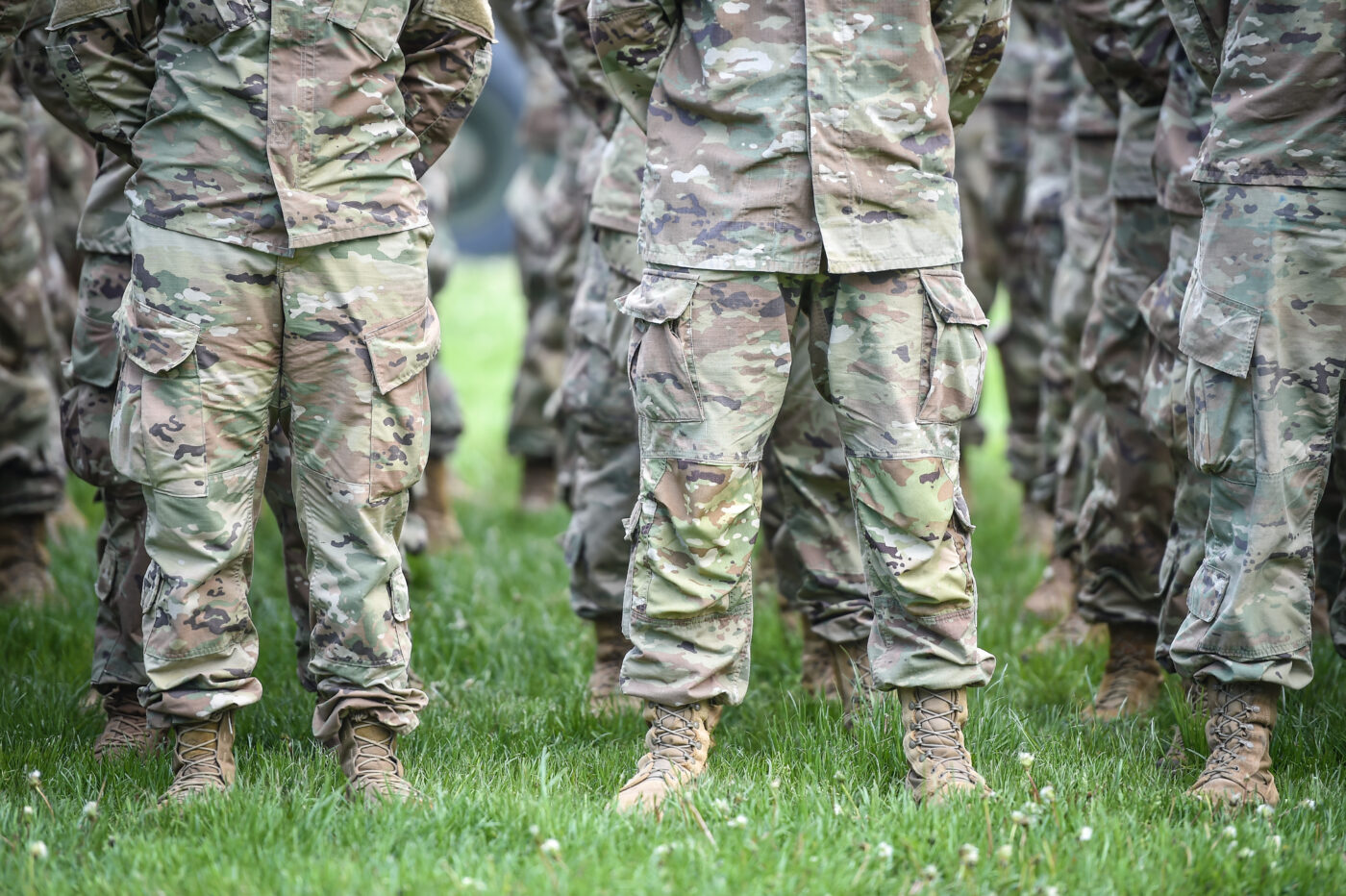James has a lot of friends, but he needs more actual male friendship. He’s one of those guys people refer to as a man’s man: athletic, Navy pilot, good-looking, rugged, smart, outdoorsman. Guys want James on the softball team. He’s the go-to dad for campfire stories at Scouts. He’s always surrounded by men when he fires up his grill or opens the cooler on his deck.
But James put a different spin on things when he showed up at a training event for potential small group leaders at his church. “I want to learn how to build intentional community with other dads my age,” he said. “Because guys don’t know how to be friends.” James understands that backslapping, sports stories, work anecdotes, and fist bumps often mask a need for deeper relationships where trust is built, fear is unmasked, and men learn how to invest in one another. The ideal of the “strong, silent, self-sufficient” man is a broken, dysfunctional, failed idea. To the extent that we put it to rest, we will be better equipped as dads, as husbands, as grandparents, and as friends. Bottom line: We need other men who know us and love us anyway. Here are 5 ways to build meaningful male friendships.
1. Join a guys group.
Many faith communities offer small groups where men can find a safe, confidential place to be honest, let their guard down, ask hard questions, share stories, receive encouragement, and get to know one another.
2. Get involved in volunteer work.
Doing something positive with other guys often leads to real friendships. That might be in scouting, in coaching, at food banks—anywhere serving others is the common ground. When the focus turns away from small talk, posturing, and sports stories around the cooler, real friendships can break out.
3. Look for a mentor.
If you’re part of a larger organization such as a church or synagogue or even a corporation, step out of your comfort zone and ask a man you look up to for help or advice. Meet over breakfast or lunch. Tell him you want to pick his brain about parenting, work, faith, or marriage. Be open to inviting him to become your mentor.
4. Look for a mentee.
Likewise, put yourself in the position of helping a younger or less experienced man along. In the language of faith, it’s the principle that in order to be a disciple, you should also disciple someone yourself. Be a mentor and a mentee. Invest yourself in other guys.
5. Be intentional.
Don’t wait for friendships to appear out of thin air. We were designed to experience community, learn from one another, and encourage other men. Decide that you will either eat lunch or have coffee with at least one male friend one day every week, if not more. Then follow through, even when you don’t really want to!
Sound off: What is the most challenging part of building male friendships for you?











Huddle up with two or three of your best friends and ask, “What can we do to help one another be better husbands and dads?”